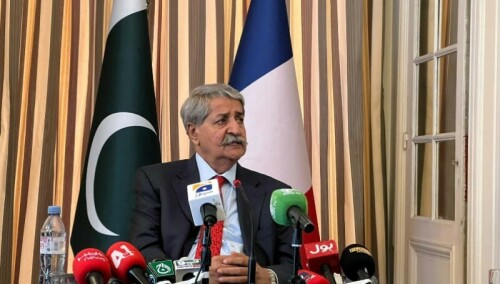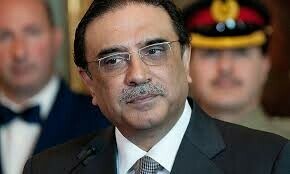
THE International Monetary Fund (IMF) has recently expressed concerns about Pakistan’s increasing use of solar energy. It is surely overlooking the key reasons behind the shift. Over the years, IMF-imposed conditions have forced Pakistan to significantly raise electricity tariffs, making power costs unbearable for households and businesses. As a result, conventional electricity has become unaffordable, leaving people with no choice, but to seek refuge in alternative energy sources.
The IMF has demonstrated a failure to understand the very basics of supply and demand, particularly how an increase in prices reduces demand. The rise in solar energy adoption is a direct response to the rising electricity costs. By investing in solar panels, families and businesses are trying to take back control of their energy expenses, achieve energy independence, and protect themselves from constant price hikes. This shift is not a matter of choice. It is a necessity for financial survival in the face of IMF-driven price increases.
Moreover, urban areas in Pakistan are facing severe air pollution and smog, which not only poses serious health risks, but also leads to the shutdown of a lot of economic activity during periods of heavy smog. Renewable energy, particularly solar power, offers an effective way to reduce reliance on fossil fuels.
Besides, the expansion of solar energy in Pakistan is creating jobs, improving environmental quality, and providing people with more disposable income. All these elements together benefit the economy. Given these advantages, the IMF’s concerns about reduced grid electricity demand seem short-sighted and counterproductive. Lower demand could lead to reduced electricity rates, which may, in turn, make Pakistan a more attractive destination for international companies, especially those in the huge information technology (IT) sector.
Instead of holding back Pakistan’s progress, the IMF should recognise how its policies have made solar energy a necessity. It is time for the IMF to support the growth of clean energy. By promoting affordable and sustainable energy solutions, the IMF can help Pakistan achieve economic goals while enhancing the people’s quality of life.
Sultan M. Babar
Gujrat
Published in Dawn, December 28th, 2024












































Dear visitor, the comments section is undergoing an overhaul and will return soon.